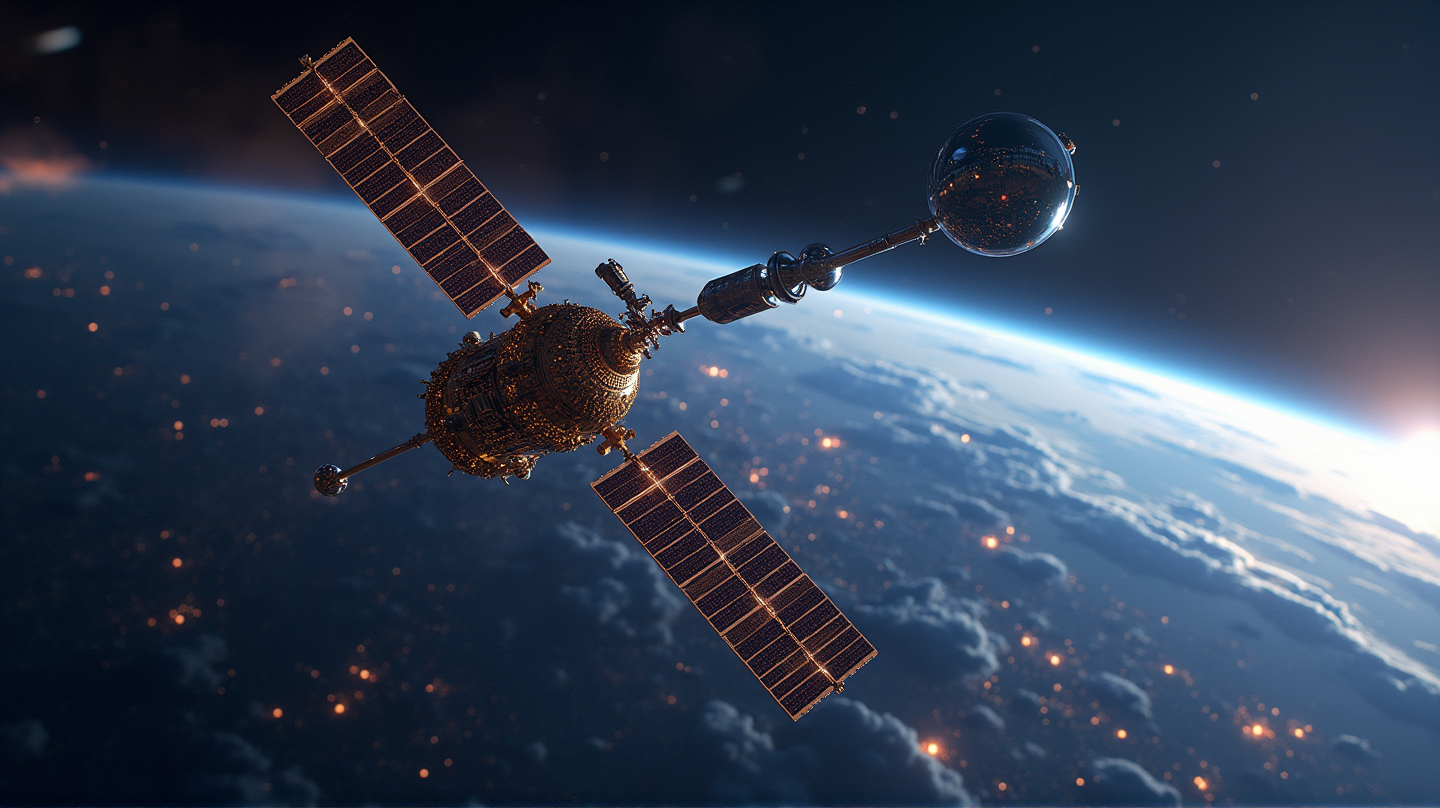Revolutionary AI System Successfully Controls Satellite in Orbit
For the first time, AI technology directly manages satellite orientation, marking a new era in space exploration.

A Pioneering Leap in Satellite Technology with AI
A remarkable milestone in satellite technology has been achieved by the research team at Julius-Maximilinas-Universitat Wurzburg (JMU) with their innovative use of Artificial Intelligence (AI) to manage the orientation of a satellite in orbit. This cutting-edge achievement was realized with the 3U nanosatellite InnoCube, becoming the first instance of an AI-controlled attitude maneuver in space.
The AI-Powered Maneuver
On October 30, 2025, during a precise 9-minute window between 11:40 and 11:49 a.m. CET, the AI agent developed at JMU orchestrated a complete attitude adjustment of the nanosatellite. With deft precision, the AI steered the satellite to its targeted attitude, showcasing the potential of AI to autonomously operate complex space missions.
Deep Reinforcement Learning: The Game Changer
What sets this project apart is the adoption of a deep reinforcement learning (DRL) approach, a method where the AI learns optimal control strategies through a simulated learning environment. This innovative approach circumvents the constraints of traditional algorithms, providing speed and adaptability even under the challenging conditions of space.
Bridging the Sim2Real Gap
One of the profound challenges addressed was the Sim2Real gap, whereby an AI system, trained in simulated conditions, must reliably function in the real-world environment of space. By overcoming this challenge, the success of the AI controller during its deployment signifies a monumental advance in ensuring that AI strategies perfected in simulations can adeptly transfer to actual space operations.
Toward Autonomous Space Missions
According to The News International, this successful endeavor not only heralds the dawn of more autonomous space missions but also lays the groundwork for future deep-space exploration endeavors. With AI management capabilities now validated, the stage is set for a new era of swift, cost-efficient, and robust satellite missions that leverage AI’s adaptability to respond to the unpredictable dynamics of space.
In conclusion, the AI-controlled satellite represents a pivotal triumph, ushering a future where intelligent systems play a central role in charting humanity’s course to the stars, inspiring hope and innovation in the realm of space exploration.

